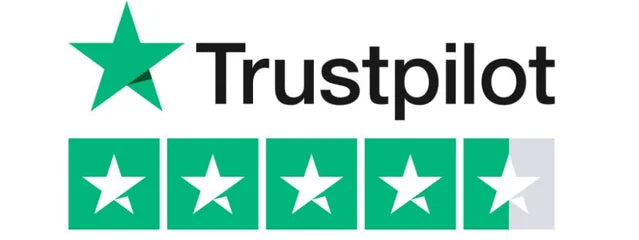It has been predicted for a while that newspapers will become irrelevant or redundant and that media companies will switch entirely to digital publications. The Independent in the UK has opted for a digital-only approach. The Guardian will perhaps follow soon. Stateside, many media companies and news websites have confined their presence to the digital space. They don’t have any newspaper circulation. Clearly, the rise of numeric press is unchecked and it could lead to the end of physical news.
- 2005 was the last satiating year for newspapers. They generated more than $60 billion in ad revenues in the United States alone. Compare that to 2014/15 and the ad revenue has dropped to less than $20 billion. In the same period of ten years, the employment scenario has dipped to one third of what it was. Not only has there been no growth but more than two thirds of all employees in these print media organizations have charted their courses elsewhere. Many had been compelled to leave.
- In 2014/15, the ad revenue for digital media or online news websites including e-papers which are digital newspapers has been substantially higher than $20 billion. In a nutshell, the digital media space has already usurped the newspapers or physical news as the principal ad generating broadcaster or circulator of news and information. It has to be noted that the ad revenue for the digital space holds much more value because of the lack of physical printing, shipping, circulation and all other associated costs that digital media or online publishing doesn’t have to deal with.
The development, as in the growth of numeric press and the end of the physical news, is not a very pleasant story. The reality is much more concerning than most people would care to accept or acknowledge.
The biggest challenge with digital-only circulation is plagiarism, unaccounted for sources and information which will inevitably mean less accountability and that can easily make way for slanderous, misrepresented and motivated information being circulated as news. There are organizations already flourishing that simply rewrite the news being published by larger media houses. These organizations run or support apparent news sites or media websites but they are essentially writers and editors with little or no exposure in journalism and with absolutely no access to the source or the root of the news breaking online. Such rewrites are not just a threat to journalistic ethics and standards but also a threat to the kind of news we would be exposed to.
Do we want credible news from verified sources, vetted by an editor and crosschecked with concerned parties for the authenticity? Or, do we want just blatant representation or misreporting for the sake of more hits on a website?
The choice is simple. We have to choose reliability over doubt any given day. That may not happen with digital-only news organizations, especially if they don’t have journalists on the ground and if they are not the direct channels with the sources. For now, the fate of reliable news hangs in balance and is being threatened.










